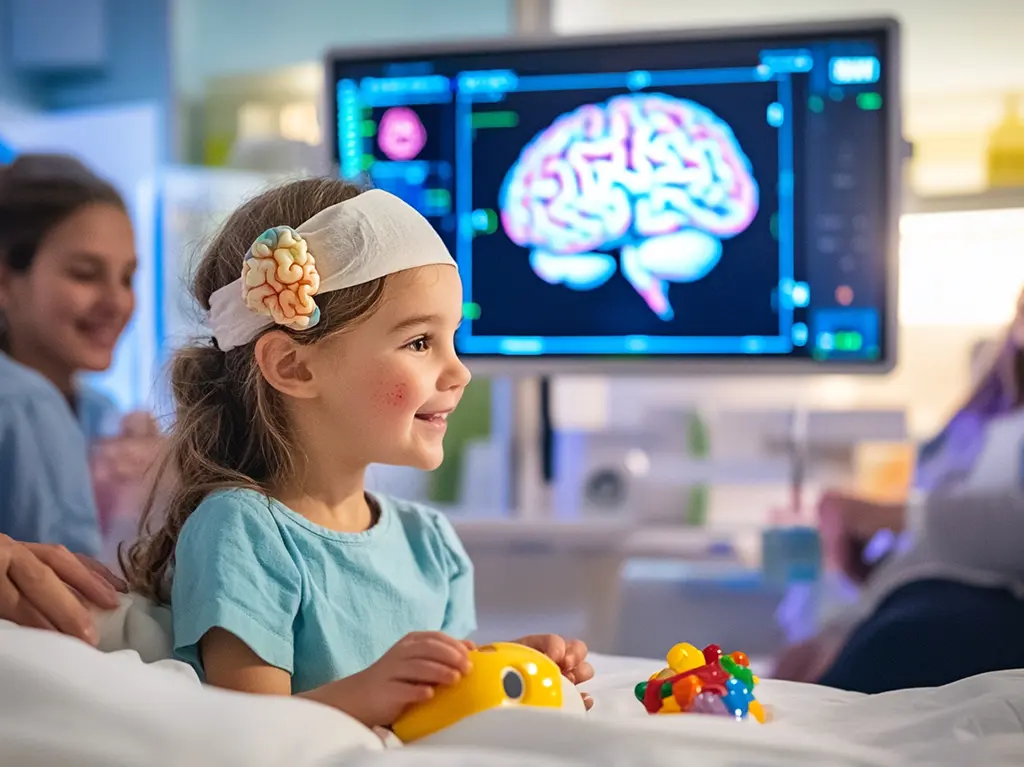ATRT Brain Cancer
ATRT cancer is a rare and aggressive type of brain tumor that primarily affects young children. It develops in the brain or spinal cord and is often associated with mutations in the SMARCB1 gene. Due to its rapid growth, this cancer typically requires prompt and intensive treatment, including surgery, chemotherapy, and sometimes radiation therapy. Early diagnosis is crucial for improving outcomes, though the prognosis can vary depending on the tumor’s location and the patient’s age.
Symptoms of ATRT Cancer
ATRT cancer symptoms vary depending on the tumor’s location in the central nervous system. Common signs include persistent headaches, nausea, and balance problems, which tend to worsen over time. In infants, an enlarged head size caused by fluid buildup in the brain (hydrocephalus) can also signal the presence of ATRT. requires a multidisciplinary treatment approach that combines symptom management with targeted tumor therapies. This comprehensive strategy often includes surgery, chemotherapy, and supportive care tailored to each patient’s needs. Ongoing research aims to improve treatment protocols and enhance long-term survival rates.
How is ATRT Diagnosed?
Advanced imaging techniques like MRI and CT scans play a vital role in identifying and assessing the tumor. Once detected, a biopsy is performed to confirm the diagnosis and determine the tumor’s molecular characteristics.
ATRT Brain Cancer Treatment Options
Treatment for ATRT requires a multidisciplinary approach due to its aggressive nature. The primary treatment methods include:
- Surgery: Removing as much of the tumor as possible while preserving critical brain functions.
- Chemotherapy: Administered to target remaining cancer cells post-surgery.
- Radiation therapy: Often used in older children to reduce the tumor or prevent recurrence.
- Supportive care: Includes managing symptoms like headaches and nausea, and providing psychological support for both patients and families.
Compared to other brain tumors, such as a rhabdoid tumour, ATRT is particularly challenging due to its high recurrence rate and rapid progression. Early intervention and a personalized treatment plan are essential in managing ATRT and improving survival rates, offering hope for affected children and their families.
Hope for the Future
Although ATRT remains a challenging disease, ongoing research into its genetic basis and ATRT subgroups is paving the way for more effective treatments. New therapies, including immunotherapy and targeted drugs, are being developed to improve outcomes and extend survival. If you or a loved one is navigating this journey, remember: support, hope, and new treatments are always on the horizon.
